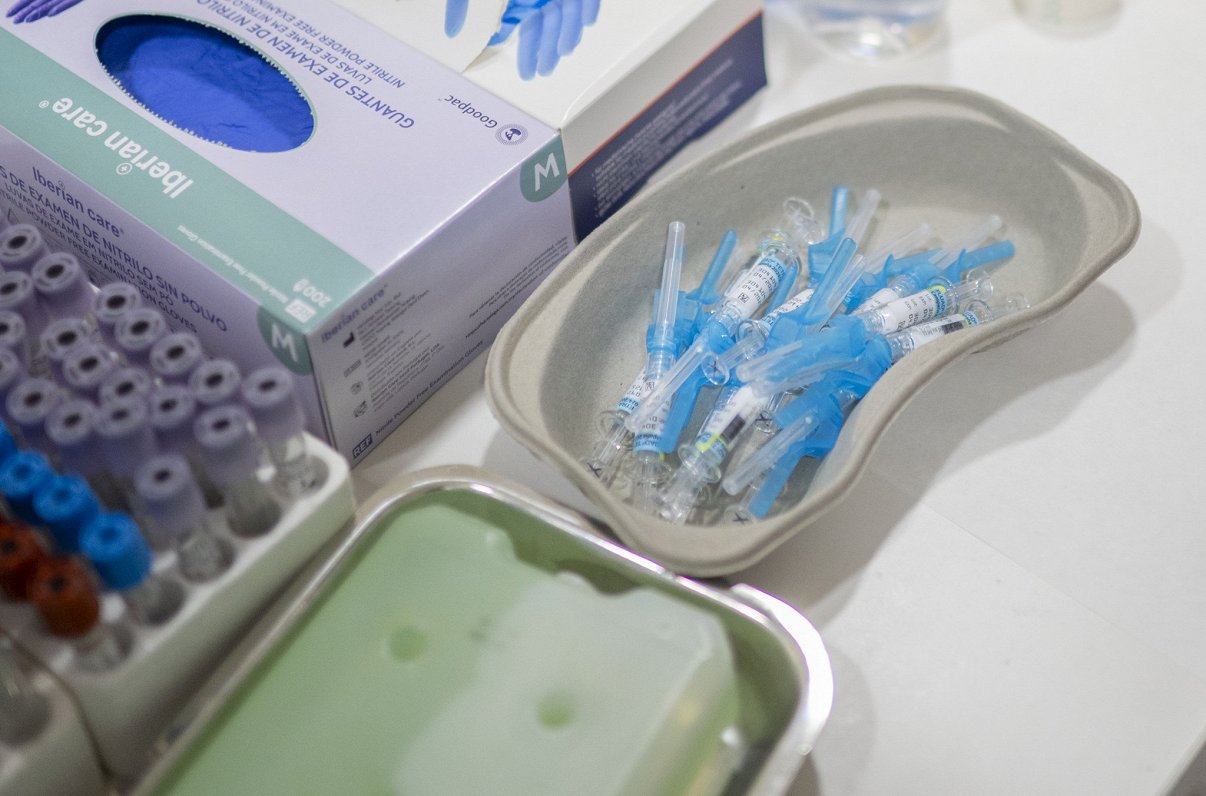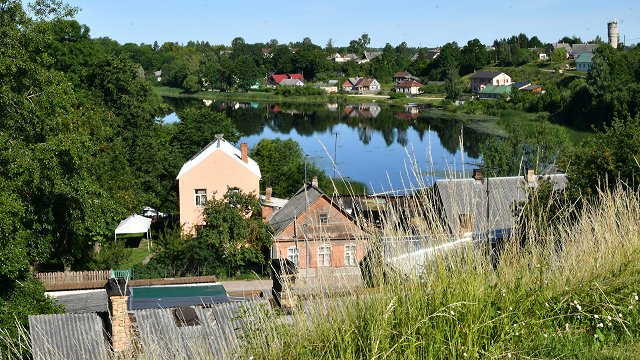At the moment it is difficult to predict when the influenza epidemic will start. Last year's flu epidemic was fairly typical and there is a chance that this year could be similar.
As for Covid-19, around 10 deaths from this infection have been reported in recent weeks, although the overall incidence has decreased. Covid-19 is now detected in about one in nine laboratory-tested samples, which indicates some stabilization, but the virus has not disappeared.
Flu is usually mild for most people, but statistics show that about 20% of the population gets flu each year. Of these, one in four has a severe course, especially people with chronic illnesses and seniors over 65.
Last year's figures show that of the 467 flu patients hospitalized, 435, or 93%, were not vaccinated. Vaccination significantly reduces the likelihood of severe illness, especially in the elderly. However, influenza vaccination rates in Latvia are not so good: last year, 6.3% of the population was vaccinated, compared to 47% in the US.
As Ainis Dzalbs, a GP and vice-president of the Latvian Association of Rural Family Doctors, pointed out, flu is not a predictable disease. Its course can vary from mild to very serious. He stressed that people over 60 years of age are most likely to be hospitalized with flu, and if they have any chronic illnesses, there is up to a 30% chance of a more serious illness with a worse outcome.
"Influenza is not just a disease that comes with a fever and cough, but also has its own complications. I think any medical professional will tell you that flu can be complicated by both pneumonia and decompensation of chronic diseases. Always, what you have to bear in mind is that influenza is also associated with other diseases. Influenza provokes what we call cardiovascular diseases. After influenza, there is a much higher risk of a patient dying from a heart attack or from a stroke. We see that unvaccinated seniors, if they are exposed to influenza, have a mortality rate due to stroke and heart attack that is almost 10 times higher. Therefore, it is extremely important to protect seniors from influenza through timely vaccination," said Dzalbs.
Flu vaccination is for everyone from the age of six months. It provides immunity for about six months, which is why people are encouraged to get vaccinated every flu season. GP practices provide influenza and Covid vaccination. If you want to get the flu vaccine, you need to contact your GP, check whether you are in an at-risk group, which means you will be able to get the vaccine paid for by the state, and then arrange a time accordingly. Examples of at-risk groups include seniors aged 60 and over, pregnant women, children aged 6-23 months, and people with chronic illnesses.
If you are not at risk but would like to get the flu vaccine, you can still get it from your GP or elsewhere.
However, the Covid-19 vaccination is still available free of charge. This can be done either at the GP's office or at other vaccination sites, which can be found on the National Health Service website. This year, according to the recommendations of the National Council on Immunisation, Covid-19 vaccination is offered primarily to patients with chronic diseases and to seniors over 65 years of age.
It is possible to combine influenza and Covid vaccine.




























